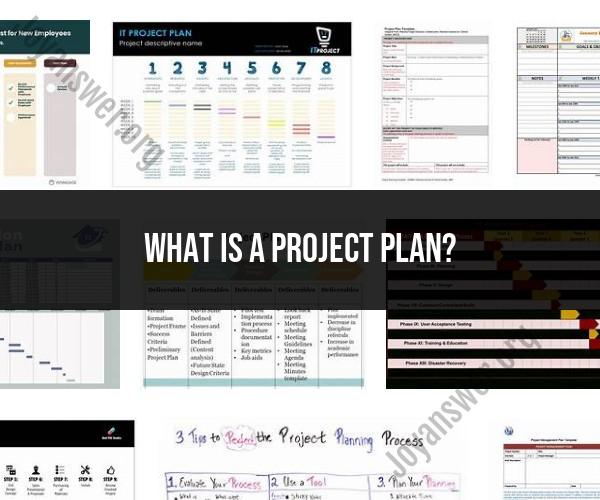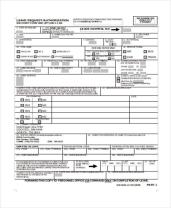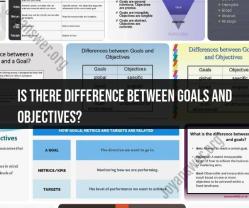What is a project plan?
A project plan is a comprehensive and structured document that outlines all the essential details and activities required to successfully initiate, execute, monitor, control, and close a specific project. It serves as a roadmap or guide for project managers and teams to achieve project objectives efficiently and effectively.
Key elements typically found in a project plan include:
Project Scope: A clear definition of the project's objectives, deliverables, boundaries, and constraints. The scope statement establishes what the project will and will not include.
Project Objectives: Specific, measurable, achievable, relevant, and time-bound (SMART) goals that the project aims to achieve.
Project Schedule: A detailed timeline that identifies project tasks, milestones, dependencies, and durations. Often presented using tools like Gantt charts or project management software.
Resource Management: The allocation of personnel, equipment, materials, and other resources needed for project execution. It includes roles and responsibilities of team members.
Budget: The financial plan for the project, including cost estimates, budget allocation, and cost management strategies.
Risk Management: Identification, assessment, and mitigation of potential risks that could impact the project. This includes risk response plans and contingency measures.
Quality Management: A plan for ensuring that project deliverables meet specified quality standards and that quality control and assurance processes are in place.
Communication Plan: Strategies for effective communication within the project team and with stakeholders, including frequency, channels, and reporting mechanisms.
Change Management: Procedures for handling change requests, evaluating their impact, and implementing approved changes while minimizing disruptions.
Stakeholder Management: Identification of project stakeholders and a plan for engaging and managing their expectations throughout the project lifecycle.
Monitoring and Control: Strategies for tracking and measuring project progress, comparing it to the project plan, and taking corrective actions as needed.
Closure: The criteria and procedures for formally closing out the project, including handover of deliverables, project evaluation, and documentation of lessons learned.
Project plans are dynamic documents that evolve as the project progresses. They provide a common understanding of project goals, timelines, and responsibilities among team members and stakeholders, helping to ensure everyone is on the same page. Additionally, project plans serve as a reference point for project managers to make informed decisions and keep the project on track.












